In an increasingly interconnected world, the need to communicate with people from different cultures and countries has become essential. Whether for commercial, educational, travel, or simply curiosity reasons, effective communication is fundamental to succeed in a globalized society. That’s where the importance of translation comes in.
Translation allows us to overcome linguistic and cultural barriers and communicate with people from all over the world. In business, translation is key to establishing international business relationships and reaching new markets. In education, translation allows us to access knowledge and resources from other countries and cultures. And in daily life, translation enables us to communicate with people of different nationalities and cultures, which enriches our experiences and helps us better understand the world we live in.
But translation is not just a matter of words. It also involves understanding cultural differences and the context in which communication takes place. For example, a poorly done translation can be perceived as offensive or unprofessional in a different culture. That’s why selecting the right translator is essential. A good translator not only has exceptional linguistic skills, but also cultural knowledge and intercultural communication skills.
In summary, translation is essential in a globalized world. It allows us to communicate with people from all over the world, establish international business relationships, access knowledge and resources from other countries and cultures, and enrich our experiences in daily life. Translation is more than just a matter of words; it is a matter of cultural understanding and context. Therefore, choosing the right translator is key to achieving effective and successful communication.


